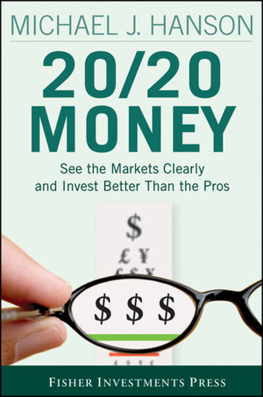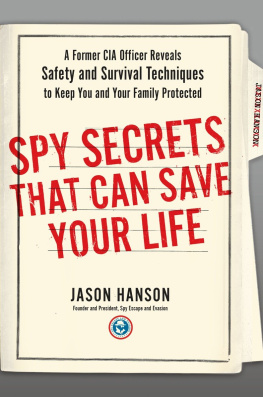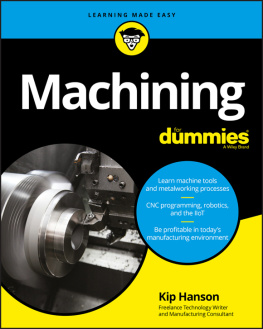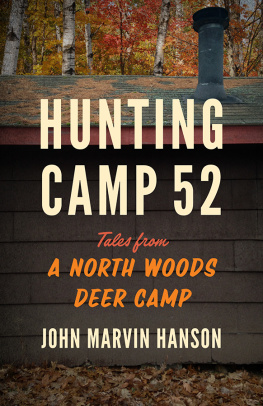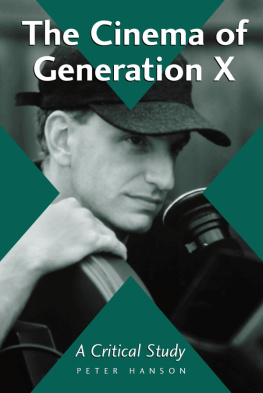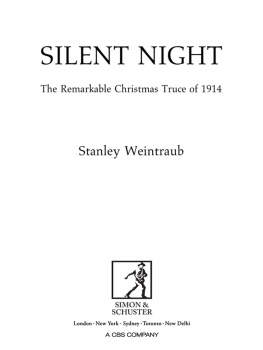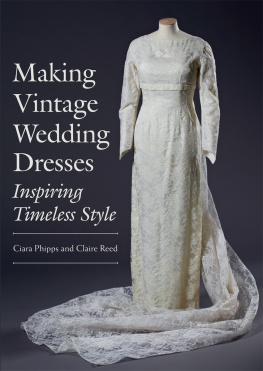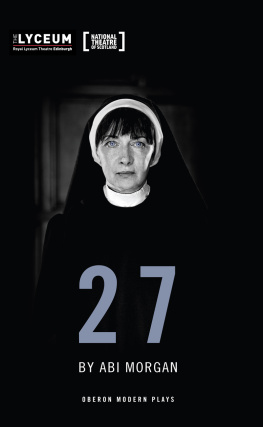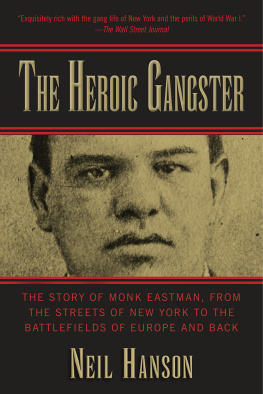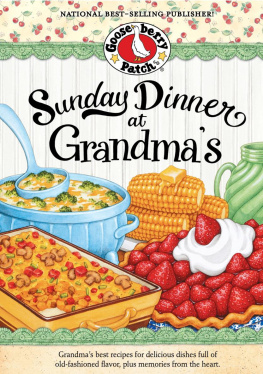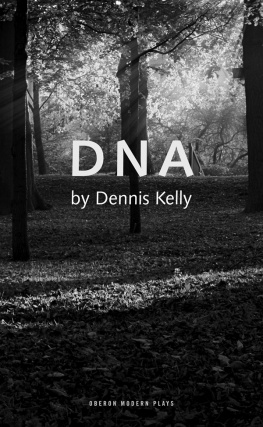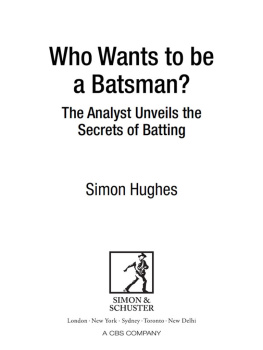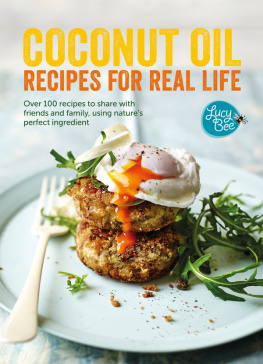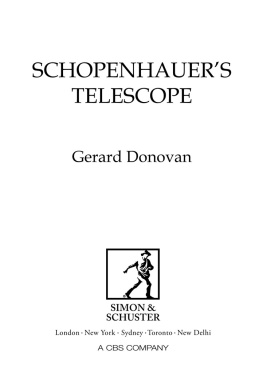WHAT THE
GROWN-UPS
WERE DOING
Other books by Michele Hanson
Living With Mother Right to the Very End
Age of Dissent
Treasure: The Trials of a Teenage Terror
What Treasure Did Next

First published in Great Britain by Simon & Schuster UK Ltd, 2012
A CBS COMPANY
Copyright Michele Hanson, 2012
This book is copyright under the Berne Convention.
No reproduction without permission.
All rights reserved.
The right of Michele Hanson to be identified as the author of this work has been asserted in accordance with sections 77 and 78 of the Copyright, Designs and Patents Act, 1988.
Simon & Schuster UK Ltd
1st Floor
222 Grays Inn Road
London WC1X 8HB
www.simonandschuster.co.uk
Simon & Schuster Australia, Sydney
Simon & Schuster India, Delhi
A CIP catalogue record for this book is available from the British Library.
ISBN 978-0-85720-488-2
eISBN 978-0-85720-490-5
Typeset in Bembo by M Rules
Printed and bound by CPI Group (UK) Ltd, Croydon, CR0 4YY
For my mother and father
1: THE TROUBLE WITH CHRISTIANS
My mother is driving me home from my friend Linda Batess house, where I have been to play after school. She would like to know what I had to eat. This is important to her. So I tell her. I have no choice. I explain that the Bateses were having cauliflower cheese for supper, but I couldnt have any, because there wasnt enough. Seemed reasonable to me. There were four Bateses: Linda, her brother, her mother and her father, and the cauliflower only divided into four. By the time my mother had arrived it was nearly 6.30 p.m., the golden, sizzling, lovely-smelling cauliflower cheese was on the table, and the Bateses were sitting ready to eat and waiting for me to go.
It was in the car that I made my big mistake. I asked my mother for cauliflower cheese.
Why dont we ever have it?
She laughed loudly and harshly. She hadnt seemed cross when she arrived. Now suddenly she was in a temper, shouting on and on about the Bateses and their dinner.
Thats what they had? That was it? For their dinner? One cauliflower cheese?
One other good thing about the Bateses they never shouted. It was always quiet at their house and they talked politely and not very much. But my mother liked to talk loudly to everyone, about everything: strangers in shops, Ruth Kingsley the hairdresser, Bernard the assistant hairdresser, Miss Hilary the vet, Mister Clanfield the chicken farmer, Horace the coalman, Gracie, June and Elsie, the lady bridge players. Yakety, yakety, yakety. Within two or three days she had told them all and my father and my aunties and uncles about the Bateses cauliflower cheese, in a mocking way, as if it were a terrible thing that they had one cauliflower cheese between four of them. A disgrace. She didnt call that a proper dinner. And what annoyed her even more, she informed the neighbourhood, was that I now wanted her to cook some. What a chutzpah!
The Bateses have cauliflower cheese, so now she wants it. My cooking isnt good enough. She doesnt want a proper meal. She wants cauliflower cheese.
How could I have known this would happen? I only saw something that looked tasty, asked for it to be cooked at home and there was uproar. Whatever I told my mother was a bit of a risk really because you could never quite tell whether or why there would be an uproar, but there often was. Then it would spread out and grow bigger, and when family members and Jewish acquaintances came near, my mother could really let rip, because they understood her outrage. They felt the same. They also knew that this was how the worst goyim behaved. The goyim were not generous. Only goyim would tell a 9-year-old child that there wasnt enough food for them, and that they should sit there, watching and hungry, while others ate. Because thats what would have happened, had my mother not turned up in time. But luckily she did, and as soon as she heard about the cauliflower cheese, she started questioning:
Did they give you a snack at least? A drink? A biscuit?
Yes.
Yes what?
Cake and orange juice.
What cake? Drek from a shop, wasnt it? Ill bet she doesnt bother to cook her own cakes.
Mrs Bates had sinned in a number of ways. I could see that. Everything was her fault, because she was the mother and in charge of food, and she had not done what a proper mother should do. Firstly and most importantly, she had offered me no dinner. Secondly, what she had given me had been drek. And furthermore, the Bateses probably ate spam and margarine, and cooked in pig-fat lard, because that was what goyim did. I knew because my mother had always told me so, and worse still, they rarely washed their bottoms.
It had to be true, if my mother said so. Why would she lie? She was very hot on truth.
I dont care what you do, she often said, as long as you tell me the truth.
The worse thing on earth, said Mummy, was to tell a lie. Unforgivable. She knew from experience. Her younger sister, my Auntie Celia, was a frightful liar. Since she was a little child, she told fibs, told tales and made Mummys life a misery. And the terrible thing was that people believed Celia, because she was such a good fibber. She would look up at people with her little freckled moonface, her pretty blonde hair and her blue eyes wide open and staring right at them, and fib. And they believed her. But Mummy could never lie. She just couldnt do it. Her face would have given her away. And things did happen which proved that she always told the truth. They didnt happen all that often, but enough to prove that Christians could not, on the whole, be trusted to look after children properly.
This was the trouble with talking to my mother about friends, I realized. They need only make one tiny mistake in my mothers book and that was it. Mummy disliked them forever. She did not take prisoners. Throughout my life, friends have made mistakes: one combed her hair in the lounge, another had smelly feet, another married a German American really, but he had a German name and ancestors and for her, that was the end. Nothing they could ever do would put things right, so when I described my friends houses and what they ate or did, I had to be very careful not to release any information that she might think was bad. I tried my best to keep the bad things a secret, but you could never be quite sure what they were. Something not at all bad to me could be a terrible thing to my mother.
I was pretty sure that Doctors and Nurses would not go down well, so I never told her about it. Cauliflower cheese was the best thing at Lindas house. She had no dog, no mice, no big garden, and all she wanted to play was Doctors and Nurses. I thought it was horrid. Vets, yes. Doctors and Nurses, no. Was I peculiar not to want to play? All over Ruislip, children seemed to be playing Doctors and Nurses. Paula Cattermole, whose house was down by the woods, and who had television before anybody else, had been playing it last week in a tent in her front garden, with her sister and the two boys from next door.
It was almost the end of our summer holidays and still lovely and warm for playing outdoors. We often played out in our gardens, which in Ruislip were enormous. Ours had a terrace, a long, rectangular lawn, easily big enough for playing Jokari, surrounded by flower beds and ending, half-way down, in a wooden trellis covered in roses, which divided the lawn section from the rest of the garden, which was even longer, wilder, and full of fruit trees: plums, greengages, pears, apples and a vegetable section all down the left-hand side. It was a heavenly place to play. Also, half-way down, hidden behind the garage and surrounded by blackberries, was a small shed. My shed really, in which I kept my mice, some little chairs and a table, and some candles, and where I could take my friends to play a decent distance away from my mother. Right at the very end of the garden was a greenhouse and, beyond a criss-cross wire fence, the field, with nothing particular in it, just tufty grass, making a huge play extension for us and the dog. Further on, there was the road down the hill to Paulas house and, beyond that, the woods and lido. Endless places to play, but Paula chose to play Doctors and Nurses in the front garden, just feet away from the front door, her mother, and any passers-by in the street.
Next page

